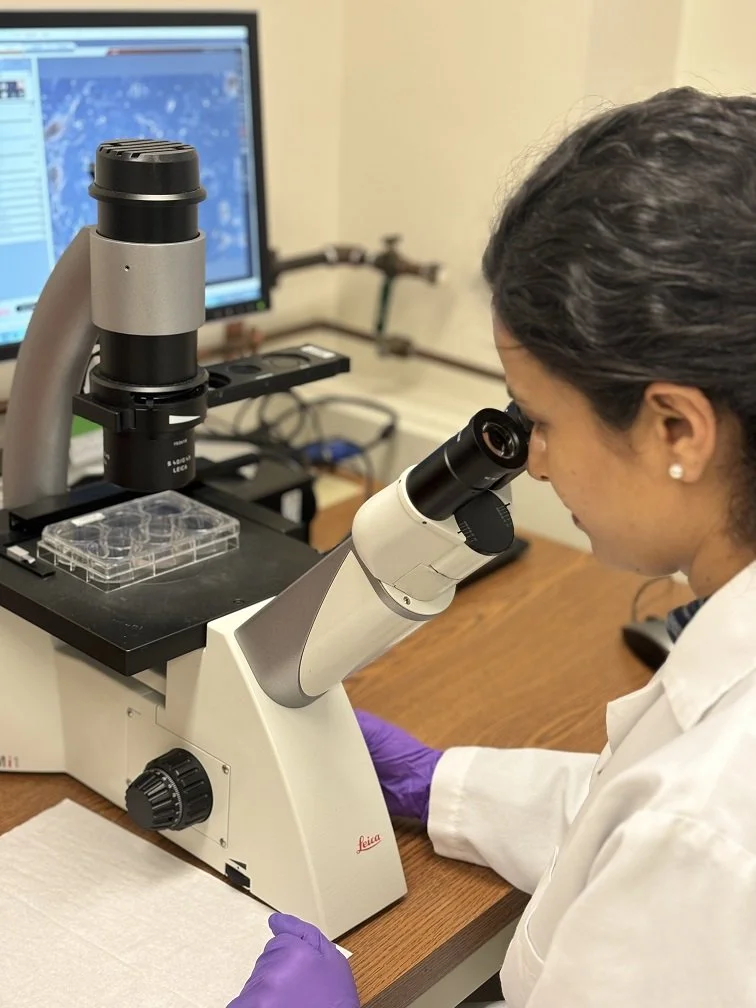Dr. Vrathasha from the University of Pennsylvania Awarded a $90,000 Knights Templar Eye Foundation Grant for Childhood LHON Optic Neurodegenerative Disease Research
Dr. Vrathasha Vrathasha from the University of Pennsylvania School of Medicine, located in Philadelphia, Pennsylvania was awarded a $90,000 grant for the research entitled: Development of Mitochondrial Transplantation Therapy to Address Inherited Mitochondrial Dysfunction in Childhood onset of LHON Optic Neurodegenerative Disease.
LHON is a mitochondrial disorder that causes permanent blindness. It is caused by mitochondrial DNA abnormalities in genes regulating ATP production. Mitochondrial dysfunction is known to play a critical role in the pathogenesis of many optic neuropathies. Mitochondrial damage leads to increased oxidative stress and selective death of RGCs, the central pathologic feature of LHON. Therefore, the mitochondrial function has been a target of therapeutic intervention. Restoring mitochondrial function by transplantation is a novel therapeutic approach that can likely rescue RGC function and has the potential to benefit pediatric patients 12 years of age and younger who account for 10% of total LHON cases. Dr. Vrathasha hypothesizes that RGCs would be able to accept healthy donor mitochondria and show improvements in the functional measures affected in LHON. Preliminary studies were conducted in iPSCRGCs using mitochondria isolated from human skeletal muscle cells. Dr. Vrathasha’s results showed that iPSC-RGCs incubated with exogenous mitochondria accept them by 1 hour, and the uptake increases with mitochondrial dosage and incubation time. Furthermore, oxidatively stressed iPSC-RGCs produced significantly lower reactive oxygen species following donor mitochondrial transfer. These data support that mitochondrial transplantation is worthy of further study in ophthalmic diseases, especially in childhood-onset LHON (ChO-LHON); who are reported to have a stronger chance of recovery of visual acuity. Dr. Vrathasha hopes to demonstrate through her studies in iPSC-RGCs from LHON patients and the LHON mouse model that mitochondrial transplantation is a viable therapy and can be used as a mitigating treatment for ChO-LHON before the onset of vision loss.


